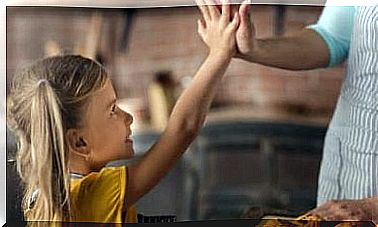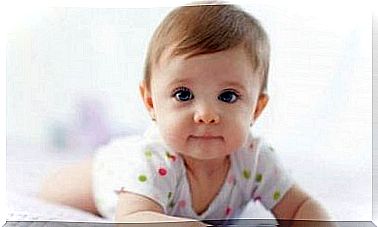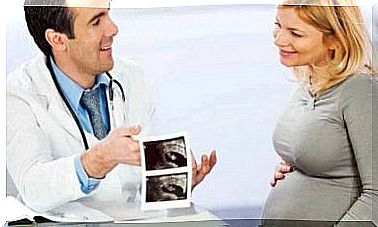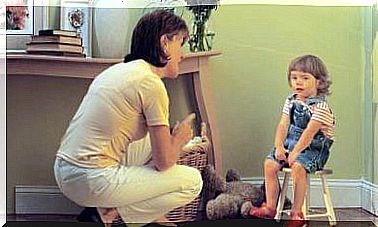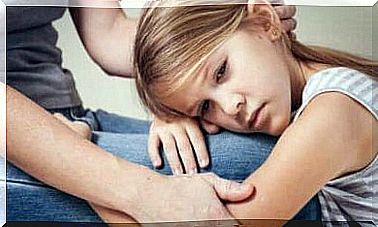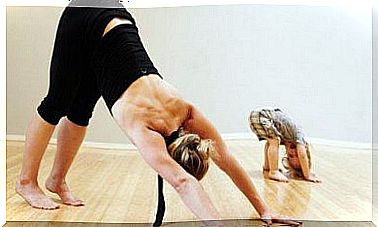What To Do In Case Of Falls And Hits On The Head? – Being Parents
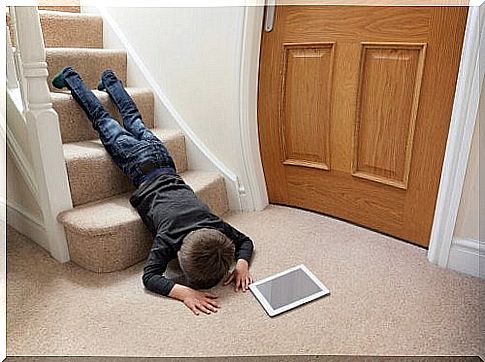
The moment children start to walk, they run the risk of hitting their heads. It is, in fact, one of the most frequent injuries of children. And, while there’s no need to worry, this is one of the accidents we need to pay the most attention to. You have to act quickly, depending on the force of the impact.
To prevent and respond appropriately in the event of domestic accident, the es Parents should be well informed and know how to act in case of a fall or blow to the head.
Falls and hits to the head: a common problem
Head injuries are common from the time the child begins to walk. Accidents can happen regardless of the age of the child. They most often occur in places of a certain height.
Of all childhood accidents, falls and blows to the head are the most common. Indeed, specialists explain that about 50% of cranial accidents occur in children under 15 years old.
Certain areas of the house pose a greater risk of falling for the little ones. This is for example the case of wardrobes, walkers, tables, bunk beds and chairs, among others. Soon after, when the child grows up, these accidents usually occur while playing sports or other physical activity.
How to act in case of falls and hits on the head?
It is essential that parents and relatives of children are well informed and documented on what to do in the event of an accident involving a blow to the head. They must be able to heal the child. They will also need to know how to recognize if it is necessary to take the child to the doctor.
Observation
One of the most important things to keep in mind when a child bumps their head is observation. In other words, the parents should observe their child during the 72 hours following the accident. They can take him to the emergency room if he has a strange symptom.
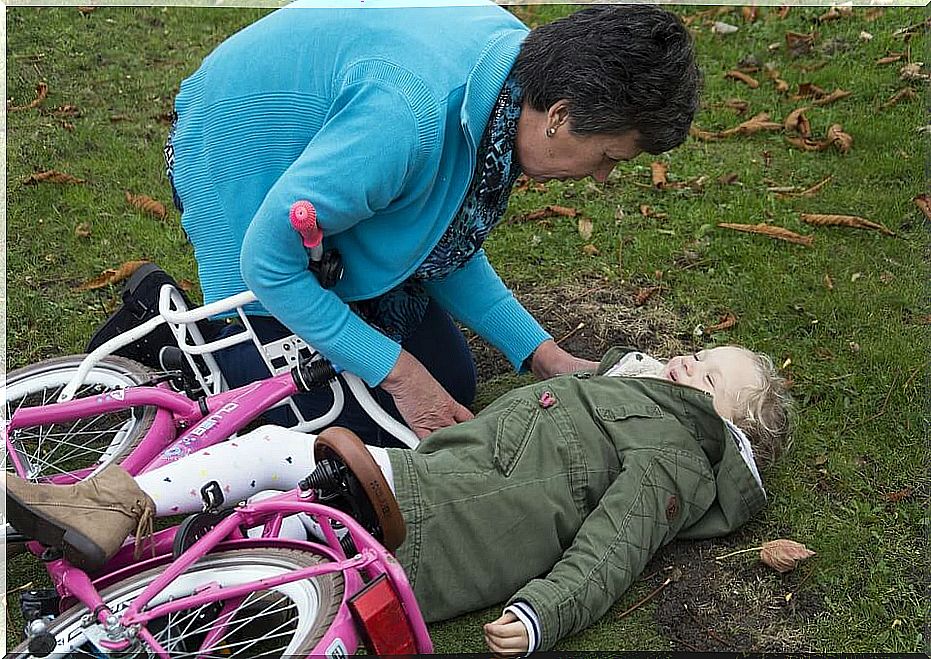
Go to the emergency room
There are some symptoms that make it clear when a child should be rushed to the emergency room. These symptoms are:
- Loss of consciousness (even momentarily)
- Vomiting
- Poorly articulated or inchoherent words
- Loss of coordination capacity
- Memory loss
- Other
Bumps and bruises
In most cases, the hits do not present a significant impact. If the child has a lump, bruise or small cut, it’s normal for them to feel uncomfortable and have a headache. In these cases, parents should clean and treat the wounds. You will also need to apply ice wrapped in a towel.
The blow may seem insignificant. However, even in these cases, care must be taken. Indeed, if the lump grows, it is advisable to go to the emergency room as soon as possible.
Skull fracture
When a skull fracture occurs or the child has any of the following symptoms, call the fire department or take the child to the emergency room as soon as possible.
What are the symptoms of a skull fracture? Purple eyes, bleeding from the eyes or nose, loss of memory and coordination. The bones of the head are also observed to move when touched, and speech disturbances, seizures or drowsiness.
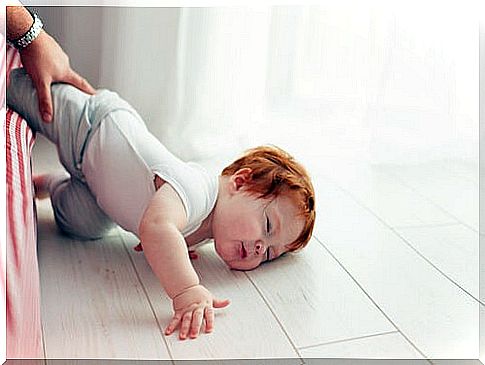
Watch babies carefully
In the case of small babies, parents should be especially careful, as the bones of the skull are still very soft. It is therefore necessary to observe the baby must during the hours following the fall and take him to the doctor if the lump develops and becomes soft. This is also valid if the child has breathing problems, drowsiness, irritability and vomiting, among other symptoms.
Most often, after a stroke, the child has a headache. In most cases, this problem is resolved with a little ice, a calm environment and a pain reliever, depending on the age of the child.
As we have seen, even in the case of babies, the parents or other adults should be alert to the different symptoms that may indicate that it is a blow that requires professional attention.
Although hits to the head are the most common childhood accidents, it is also true that it is one of the most delicate areas of the body and that we need to pay more attention to. Observation is the key so that parents can know whether or not it is necessary to take the child to the emergency room.
